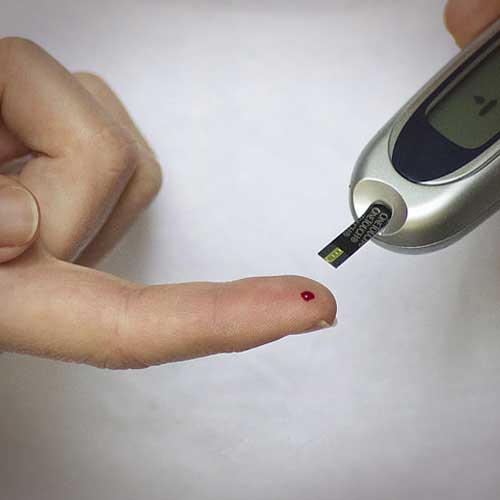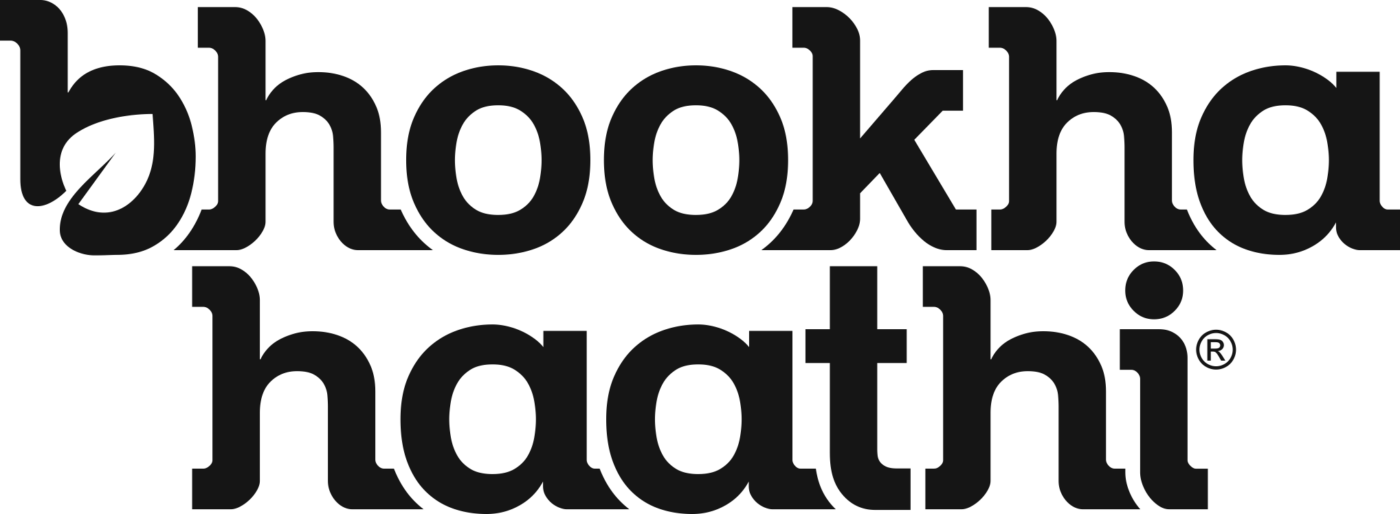
Diabetes is a condition that is often developed due to lifestyle and dietary habits. Due to this condition, there is a high amount of sugar – glucose – in the bloodstream.
In the long term, it has the potential to negatively impact the body’s organs – damage to the blood vessels which can ultimately lead to cardiovascular disorders such as stroke and heart attack. Additionally, the kidneys, eyes, gums, and the nerves of the brain may also be affected.
The difference between type 1 and type 2 diabetes is that in the former, no insulin is produced by the body to metabolize glucose, and in the second, not enough insulin is produced.
Both conditions are chronic and lead to complications later in life.
The ultimate goal of the management of diabetes is to be able to achieve as normal regulation of blood sugar (glucose) as possible, in the body.
It’s important to consume nutrient-dense carbohydrate sources that are well-supplemented with fiber like nuts, seeds, fruits, vegetables, legumes, whole grains, and also dairy products.
In this article, we will mainly be discussing the benefits of nuts and seeds in diabetes management.
Nuts and seeds are rich in high-density calories and are considered the healthiest components of a well-balanced diet.
They are powerful enhancers of cardiovascular health and when consumed in moderation on a regular basis, aid in the prevention and management of diabetes.
They contain good cholesterols, that somewhat act as sanitation workers and eliminate the bad cholesterol, along with the risk of developing cardiovascular diseases.
That one spoonful of mixed dried nuts and seeds our mothers would make us have early in the morning during childhood was a powerhouse of nutrients such as proteins, vitamins, good fats, and minerals.
It is recommended to grab a handful of these for a healthy and satisfying snack instead of artificial, sugary, salty, or fatty junk items.
Nuts and seeds are known to contain healthy fatty acids, mono, and polyunsaturated fats and magnesium – the micronutrient essential for regulating blood sugar levels.
Phytonutrients such as flavinoids and phytosterols found in nuts and seeds are also known for their antioxidant properties and ability to reduce the risk of type 2 diabetes.
It’s important to note that nuts are quite high in calories – eating too many may lead to weight gain. Controlled proportions, instead of just reaching into an opened bag, is the way to go.
Avoid nuts and seeds that are coated with sugar, salt, or flavourings that are high in either. Opt for the ones that are dry-roasted, lightly tossed, or best, raw.
Here is a list of nuts and seeds that are recommended for those who are at risk of contracting or have diabetes.
Almonds
Almonds reduce blood glucose due to fasting as well as post-meal. They also regulate insulin levels. They reduce oxidative stress – the underlying cause of diabetes and ultimately, heart disease. They are also a great source of fiber – that’s good for blood sugar-stabilizing.
Walnuts
Walnuts promote weight-loss as they promote a feeling of fullness; this prevents cravings and bingeing of junk food items. A study in April 2013 revealed that participants who consumed walnuts as a part of their daily diets showed lesser symptoms and risks for type 2 diabetes.
Chesnuts
Chesnuts are known to have a low GI (glycemic index) – this means that the carbohydrate they contain is very slowly broken down by the body. This promotes a steady rise in blood glucose levels, which is highly beneficial to those suffering from type 2 diabetes.
Pistachios
It’s important to remember to not purchase the pre-shelled variety which is often coated with salt or sugar. These nuts contain high amounts of proteins, fibers, and good fats, and are known to reduce post-meal blood glucose levels.
Peanuts
Studies show that those who have peanuts with their breakfast (in the form of peanut butter, in their cereal/oats, as granola or in their smoothies), report lower blood sugar levels and higher levels of appetite control for up to 10 hours!
Pumpkin Seeds
These seeds contain fibers that have a lowering effect on blood sugar. They are also packed with dietary fibers. They can be consumed raw or lightly toasted and sprinkled into soups, salads, yoghurt, and smoothies.
Flaxseeds
Flaxseeds need to be chewed well to properly get digested by your body – otherwise, they will be passed out as waste. A good way to incorporate these seeds into your diet is by grinding them into a powder and adding that into your oatmeal, cereal, or smoothies. The powder can also be added to your roti or poori dough for a nutritious twist!
Chia seeds
Chia seeds are well known to us as an addition to falooda – but what we don’t know is that they contain more omega 3 fatty acids and fiber than any other whole grain! This is very beneficial to diabetic patients.
Fenugreek
Consuming fenugreek soaked in water overnight helps in keeping blood sugar levels regulated.
Since the nutritional requirement of each individual is different, Bhookha Haathi also provides customised products like herbal tea mix and nuts and seed-based nutritional supplement specially designed for diabetes management. Its offerings are 100% natural compositions based on dried fruits, nuts, herbs, spices, seeds, grains, and honey, among other whole and natural ingredients.
Written by: Jahnabee Adhikari
Jahnabee is a part-time blogger, full-time dog lover. She believes that writing actually possesses the potential to change the world. She can be often found fantasizing about poetry or buried nose-deep in a Sudha Murthy novel.



Thanks for sharing this nice blog. I like your post very much.